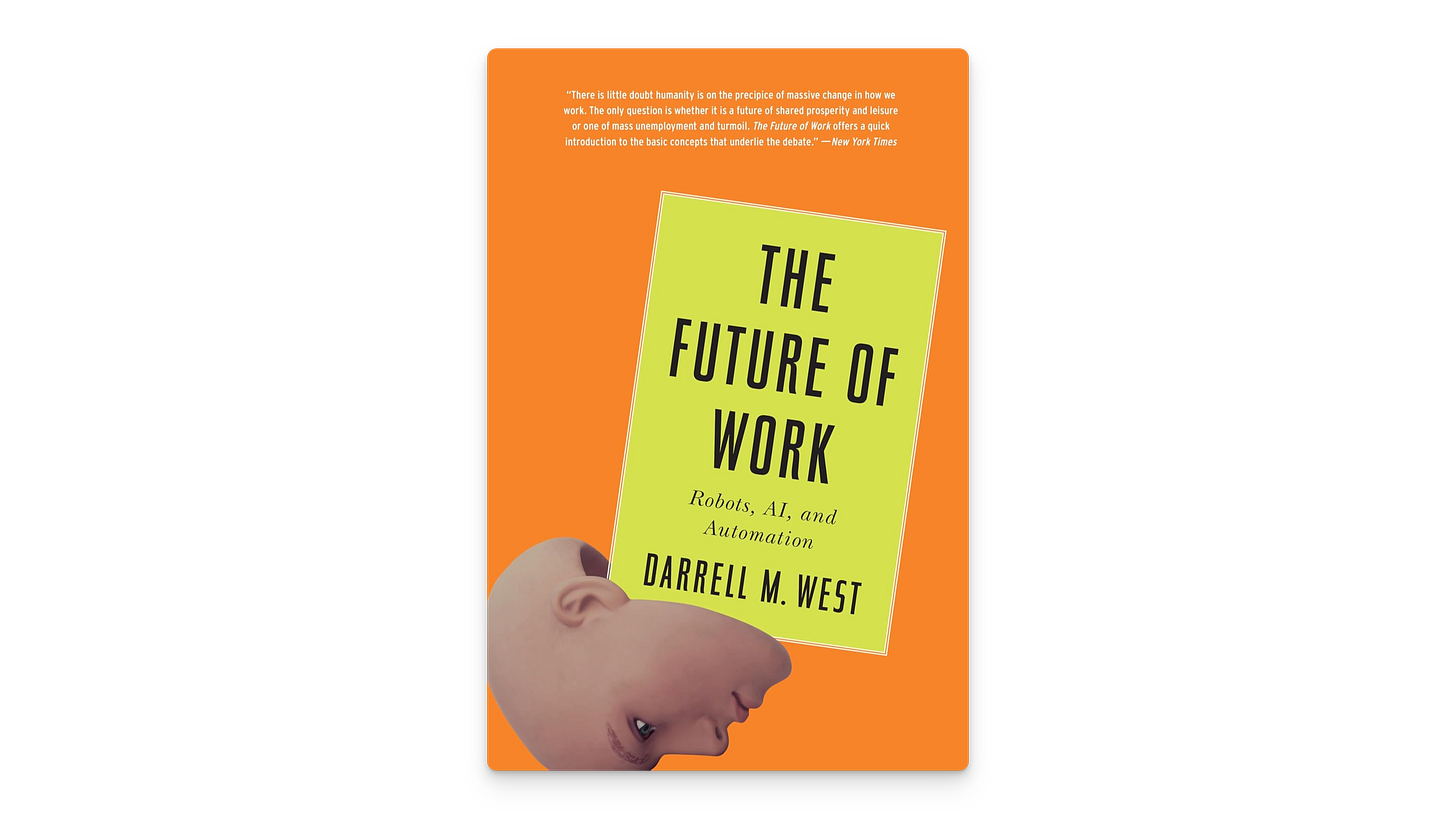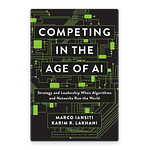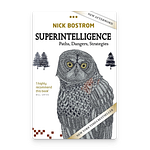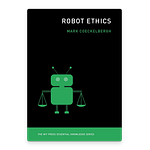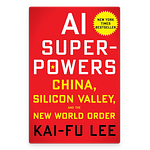by Darrell M. West
Automation and artificial intelligence (AI) are reshaping industries and will drastically alter how we work and live. Understanding and preparing for this transformation is crucial to avoid widespread social and economic disruptions.
"Leaders who grasp these changes can position their organizations and communities for a smoother transition into the digital economy."
Impact & Outcome
Insight into the challenges of automation and its effects on workers.
Strategies to redefine jobs, benefits, and training to meet future demands.
Who is it for
Business Leaders: Looking to navigate the impact of AI and automation on industries.
Policy Makers: Seeking strategies to address workforce displacement and inequality.
The Author
Darrell M. West is a vice president at the Brookings Institution and an expert in governance and economic transformation. He has authored several books, including Billionaires: Reflections on the Upper Crust and Megachange: Economic Disruption, Political Upheaval, and Social Strife in the 21st Century.
Key Ideas
1. Automation Is Already Transforming the Workforce
Automation is displacing jobs and pushing society toward a digital economy.
The transition from an industrial to a digital economy is already underway, with automation affecting jobs across industries. Just as the shift from agriculture to industry in the early 20th century caused upheaval, this transformation demands significant adjustments to prevent social disarray. Blue-collar jobs, such as those in transportation, retail, and hospitality, are especially vulnerable as businesses adopt cost-saving automation technologies.
Listen to this episode with a 7-day free trial
Subscribe to The Book Summaries to listen to this post and get 7 days of free access to the full post archives.



